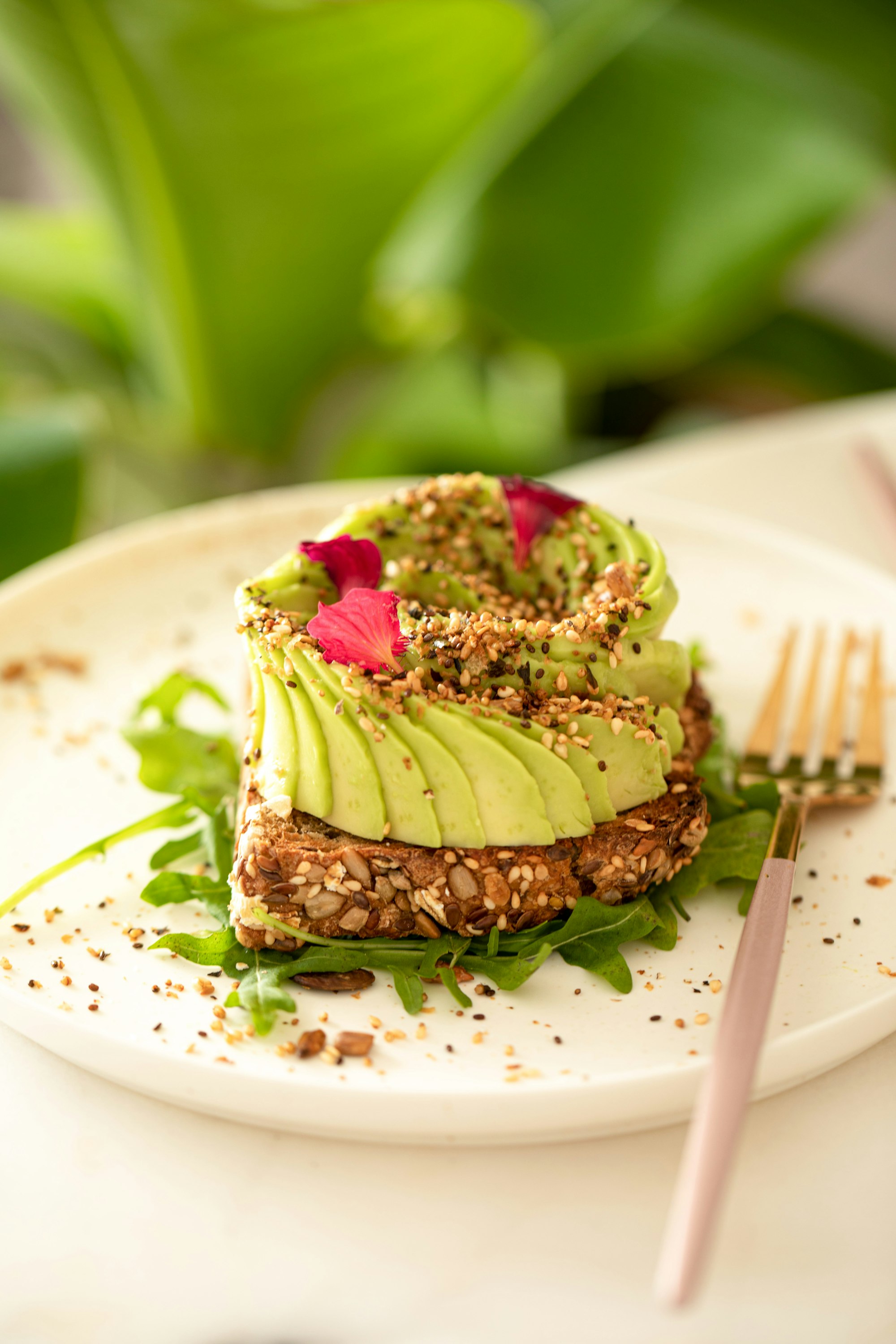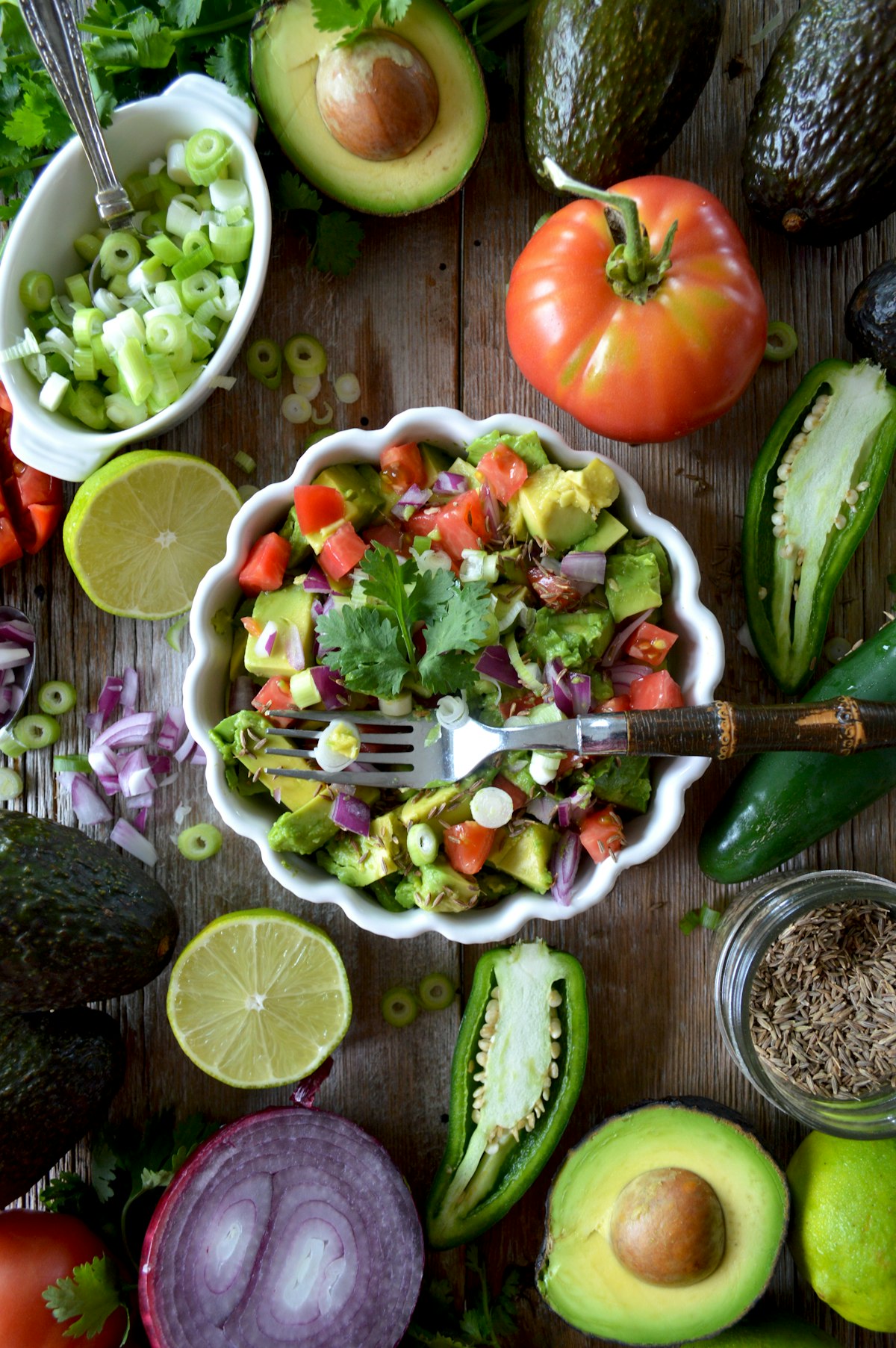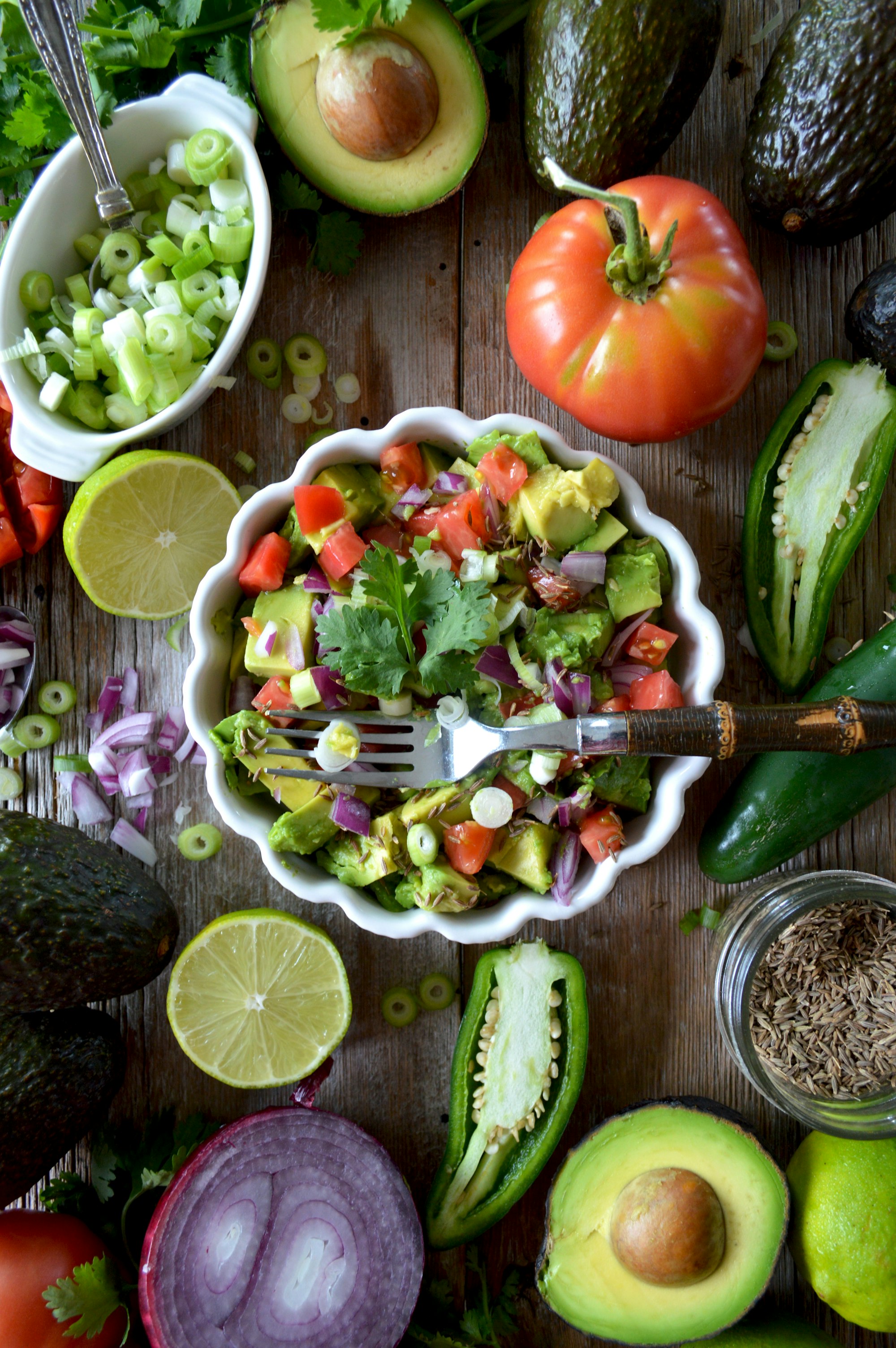Content Summary
A well-planned vegetarian diet can be incredibly nutritious and provide numerous health benefits. By focusing on a variety of plant-based foods, vegetarians can meet their nutritional needs while enjoying a wide range of flavors and textures.
One essential aspect to consider in a vegetarian diet is the inclusion of adequate fatty acids. Let's explore the importance of fatty acids in a healthy vegetarian diet and how to incorporate them effectively.
Understanding Fatty Acids
Fatty acids are crucial for the body's functioning and play a vital role in overall health. They are a type of dietary fat that provides energy and is involved in various physiological processes. There are two main types of fatty acids: saturated fatty acids and unsaturated fatty acids.
Saturated fatty acids, typically found in animal products and some plant-based oils like coconut oil, are solid at room temperature and are considered less healthy when consumed in excess.
On the other hand, unsaturated fatty acids, including monounsaturated and polyunsaturated fats, are generally considered more beneficial for health. They are liquid at room temperature and can be found in foods like nuts, seeds, avocados, and plant-based oils.
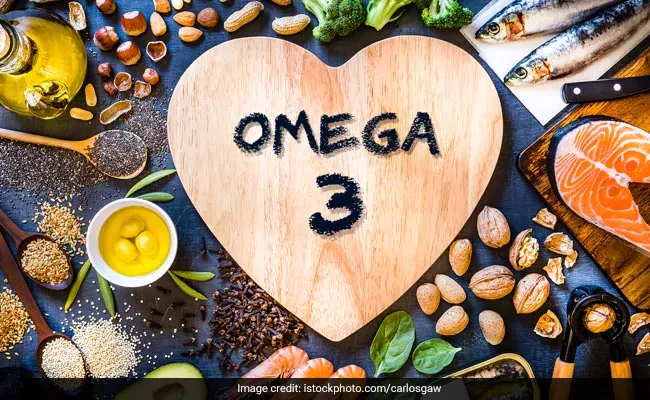
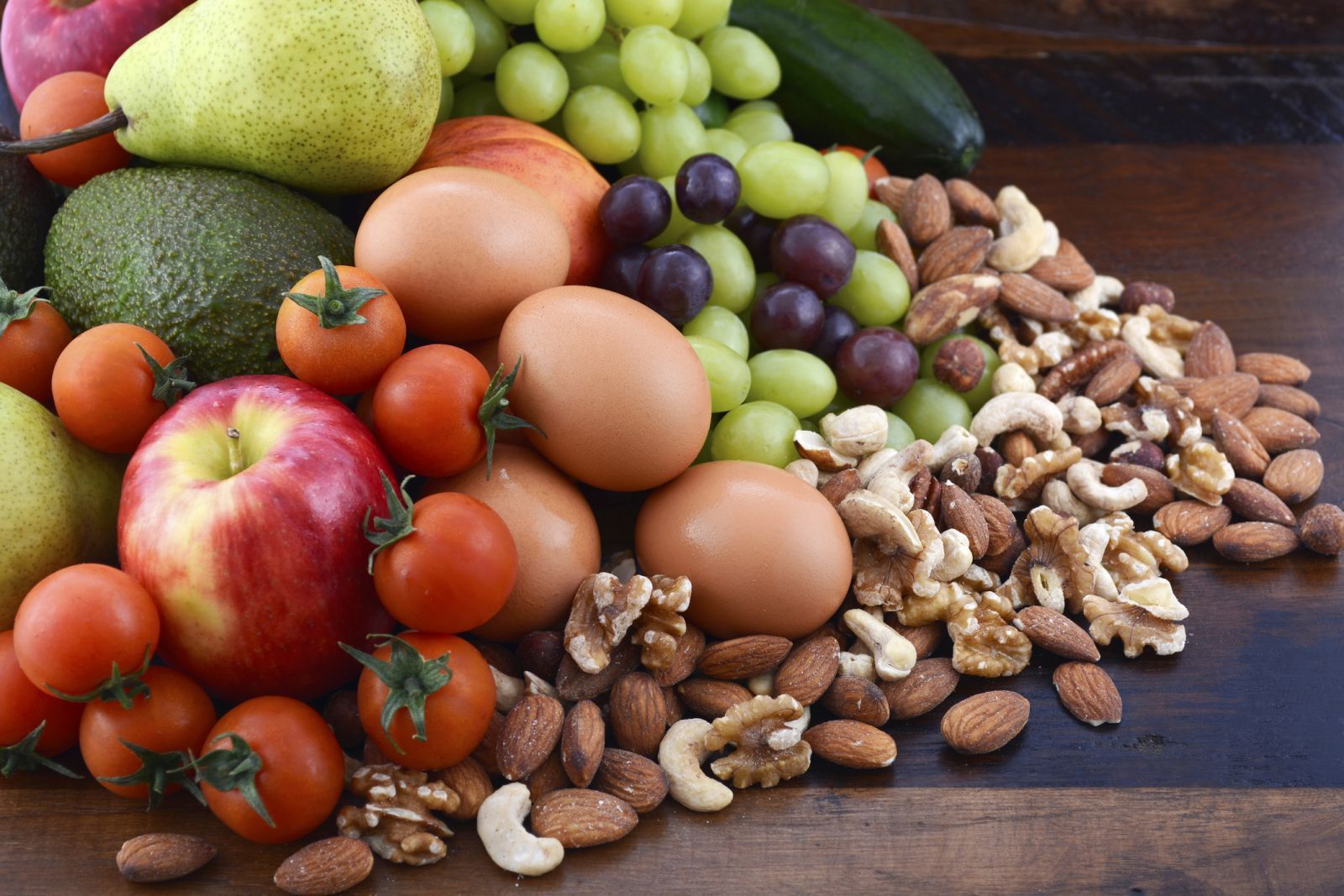
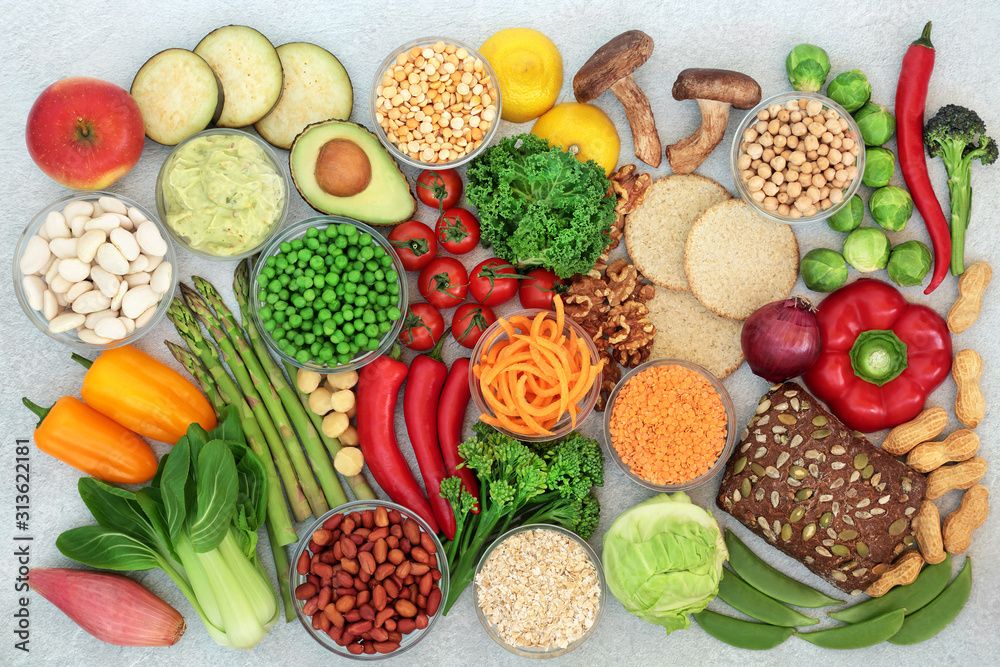
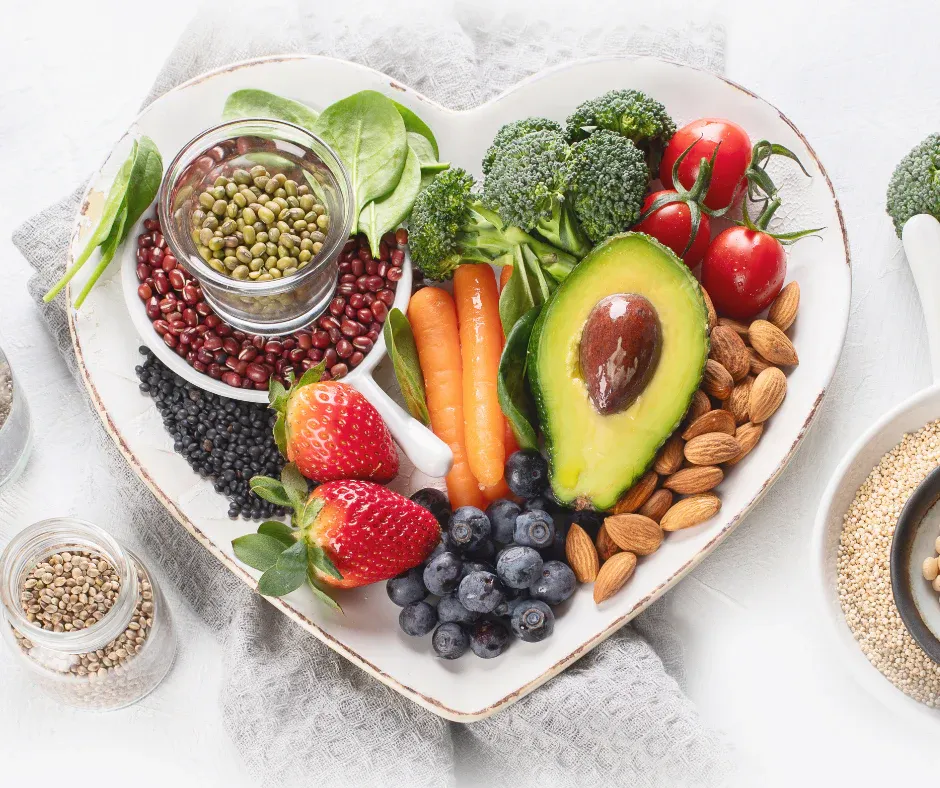
Importance of Fatty Acids in a Vegetarian Diet
Fatty acids, particularly omega-3 and omega-6 fatty acids, are essential for the body. They contribute to various functions, such as:
Heart Health: Omega-3 fatty acids, found in fatty fish like salmon, sardines, and mackerel, as well as plant sources like flaxseeds, chia seeds, and walnuts, have been shown to support heart health. They can help reduce inflammation, lower triglyceride levels, and promote healthy blood pressure.
Brain Function: Omega-3 fatty acids, specifically DHA (docosahexaenoic acid), are vital for brain development and function. Vegetarian sources of omega-3 fatty acids, such as algae-based supplements or algae-derived DHA, can be beneficial for individuals following a plant-based diet.
Nutrient Absorption: Fatty acids help in the absorption of fat-soluble vitamins (A, D, E, and K) and certain antioxidants, allowing the body to utilize these nutrients effectively.
Hormone Production: Fatty acids play a role in hormone production and maintenance of hormonal balance within the body.
Incorporating Fatty Acids into a Vegetarian Diet:
For vegetarians, it's essential to ensure a sufficient intake of omega-3 fatty acids, as these are less abundant in plant-based foods compared to animal sources. Here are some tips for incorporating fatty acids into a vegetarian diet:
Include Plant-Based Sources: Focus on incorporating plant-based sources of omega-3 fatty acids, such as flaxseeds, chia seeds, hemp seeds, walnuts, and algae-derived supplements.
Foods Rich in Omega-3s
Omega-3 fatty acids are essential nutrients that the body needs for normal metabolism, but cannot produce on its own. As a result, it must obtain omega-3s from food or supplements.
Omega-3 fatty acids can be found primarily in flaxseed oil and walnuts, as well as canola oil, olive oil, chia seeds, hemp seeds, kidney beans, lentils, soybeans/tofu/edamame/tempeh/soymilk products, winter squash/pumpkin seeds/green beans/Brussels sprouts/broccoli/cauliflower/turnip greens. Additionally, salmon and tuna offer a good source of omega-3s if eaten occasionally.
Consuming these omega-3-rich foods helps reduce inflammation in the body which may help decrease the risk of chronic diseases such as heart disease or arthritis. Research also suggests that consuming omega-3 fatty acids may help improve cognitive functioning such as memory, reaction time and focus while decreasing symptoms of depression or anxiety.
It is recommended that adults consume 1 - 2 tablespoons of a combination of omega-3-rich plant oils each day for optimal health benefits along with including whole grains and legumes in their daily diet for additional fiber intake.
Foods Rich in Omega-6s
Omega-6 fatty acids are found primarily in plant oils like corn, safflower, sesame, and sunflower. They’re also found in nuts like peanuts, walnuts, and almonds; seeds like flaxseeds; avocados; and dark leafy greens like spinach and kale.
When consumed in moderation through diet or supplementation, omega-6 fatty acids have been shown to offer several potential health benefits. These include reducing inflammation, promoting heart health, improving cognitive functioning, and helping with weight loss.
Inflammation: Omega-6 fatty acids can help reduce inflammation throughout the body by inhibiting proinflammatory molecules known as eicosanoids from forming within cells. Studies show that consuming omega-6 fats can help relieve symptoms associated with inflammatory diseases such as rheumatoid arthritis and asthma.
Heart Health: In addition to reducing inflammation throughout the body, omega-6 also has a positive effect on heart health by raising HDL (good) cholesterol levels while lowering LDL (bad) cholesterol levels.
This is achieved by increasing the production of useful proteins involved in breaking down fat and transporting it out of the blood vessels thereby preventing plaque buildup. Studies show consuming high amounts of omega - 6s can decrease risk factors for cardiovascular diseases such as hypertension and diabetes.
Cognitive Functioning: The brain requires adequate amounts of essential fatty acids like Omega - 6s for optimal cognitive functioning. Research indicates that these types of dietary fats are involved in cell membrane formation which aids communication between neurons, allowing them to exchange information quickly making learning easier. Additionally, Omega - 6s have been associated with improved memory recall capabilities.
Weight Loss: Research suggests that when included within regular exercise routines, daily consumption of Omega – 6 may support weight loss efforts by affecting hunger hormones leptin & ghrelin resulting in an improved feeling of fullness after meals which could lead to decreased caloric intake providing greater success when trying to maintain healthy eating habits over time.
Opt for Omega-3 Enriched Foods: Some food products, like plant-based milk alternatives and eggs, are fortified with omega-3 fatty acids. Look for these fortified options to boost your intake.
Use Healthy Oils: Choose oils high in unsaturated fats, such as olive oil, avocado oil, and canola oil, for cooking and dressing.
Add Nuts and Seeds: Incorporate a variety of nuts and seeds into your meals and snacks. They are rich in unsaturated fats and provide a satisfying crunch to salads, stir-fries, and homemade granola.
Consider Supplements: If necessary, consider omega-3 supplements derived from algae, which provide a vegetarian source of DHA and EPA.
Balance Fat Intake: While unsaturated fats are important, it's crucial to maintain a balanced intake and not overconsume fats, as they are calorie-dense. Be mindful of portion sizes.
Vegetarian Sample Menu Including Fatty Acids>>>
Breakfast: 1 bagel with 2 tsp vegan margarine, 1 medium orange, 1 cup Cheerios cereal, and 1 cup soymilk.
Lunch: Sandwich of hummus made with 3/4 cup chickpeas and 2 teaspoons tahini (a sandwich spread made from ground sesame seeds) on 2 slices of whole wheat bread with 3 slices of tomato and ½ sliced avocado.
Dinner: 1 cup of cooked pasta with 1/4 cup marinara sauce, 1/3 cup carrot sticks, 1 cup cooked broccoli (frozen or fresh), and 1 whole wheat roll.
Snack: 1/2 cup almonds, and 1 cup soymilk
Author's Choice of Healthy Fatty Acids:
What are the Health Benefits of Hemp Seeds?
Hemp Seeds May Help with Digestion
The fiber in hemp seeds may also help with digestion. In addition to being a good source of soluble fiber, which dissolves in water to form a gel-like substance, hemp seeds also contain insoluble fiber.
This type of fiber doesn't dissolve in water but helps add bulk to stool and promotes regularity. The insoluble fiber in hemp hearts may also help reduce the risk of diverticular disease, a condition that affects the large intestine.
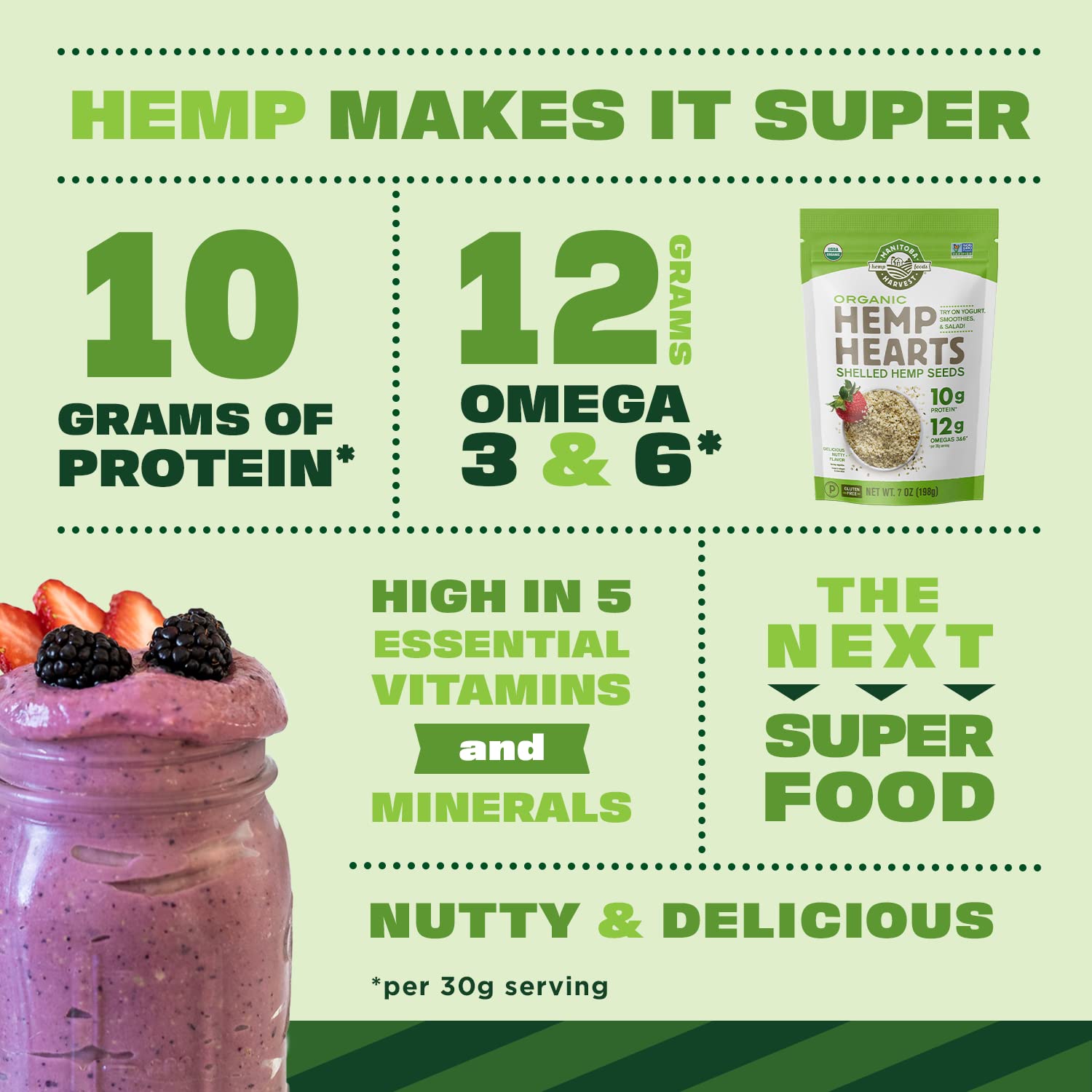
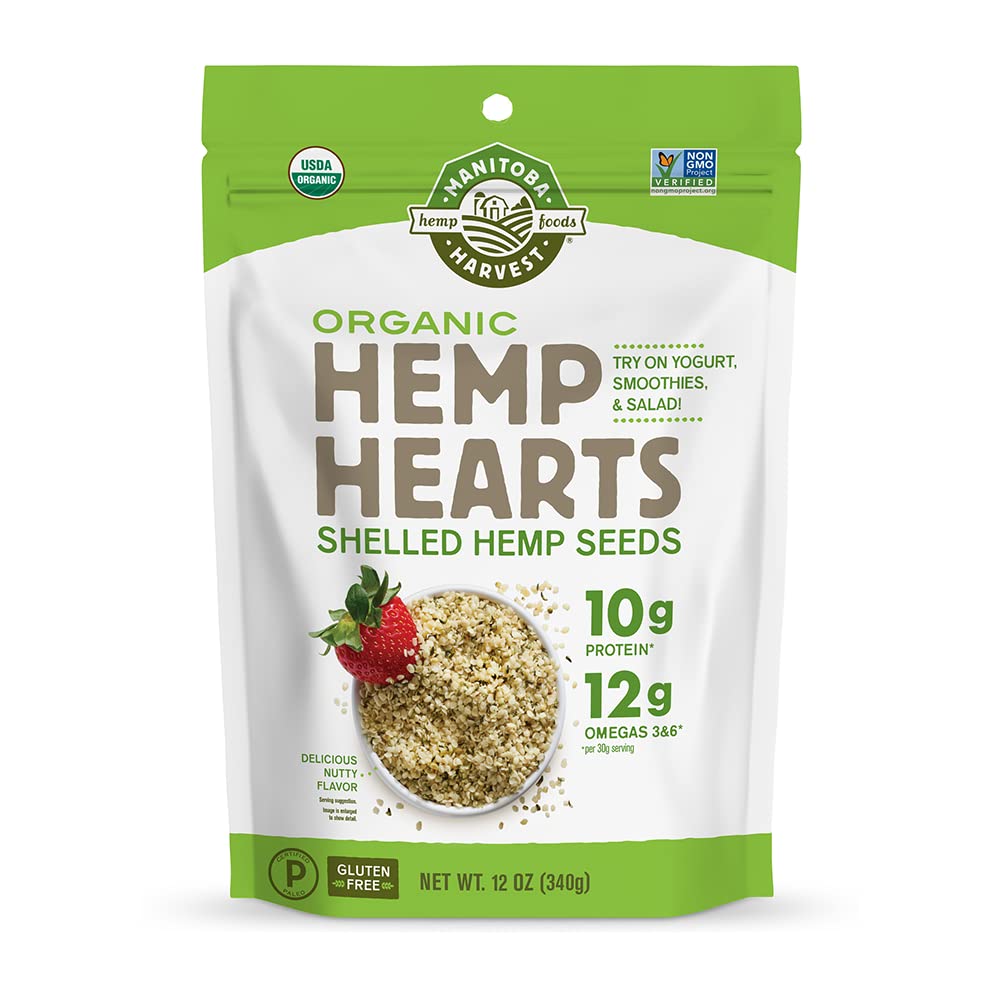
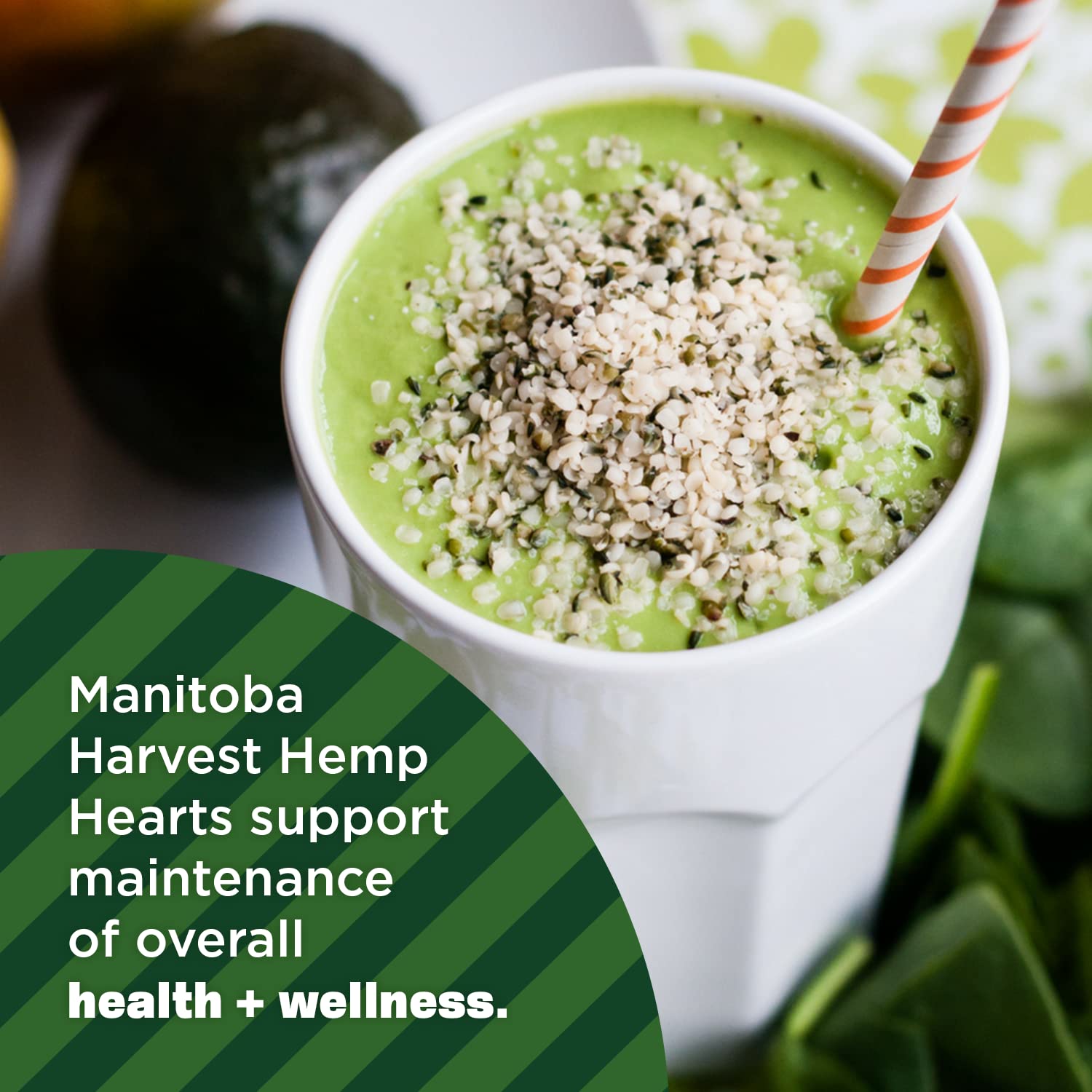
Hemp Seeds May Aid in Weight Loss
The high protein and fiber content in hemp hearts may also aid in weight loss. Protein takes longer to digest than carbohydrates and can help you feel full for longer periods.
Fiber is also known to promote feelings of fullness. One study showed that people who increased their intake of soluble fiber by 5 grams per day lost an average of 2 kilograms over four months without making any other changes to their diet or exercise routine.
Hemp Seeds Oil
The oil pressed from hemp seeds is also highly nutritious and can be used to cook or as a salad dressing. The hemp seed oil contains both omega-3 and omega-6 fatty acids in a ratio of 3:1.
This is the ideal ratio for human health. Omega-3 fatty acids are anti-inflammatory while omega-6s are pro-inflammatory. Too much of either can lead to health problems, but the right balance is crucial for maintaining optimal health.
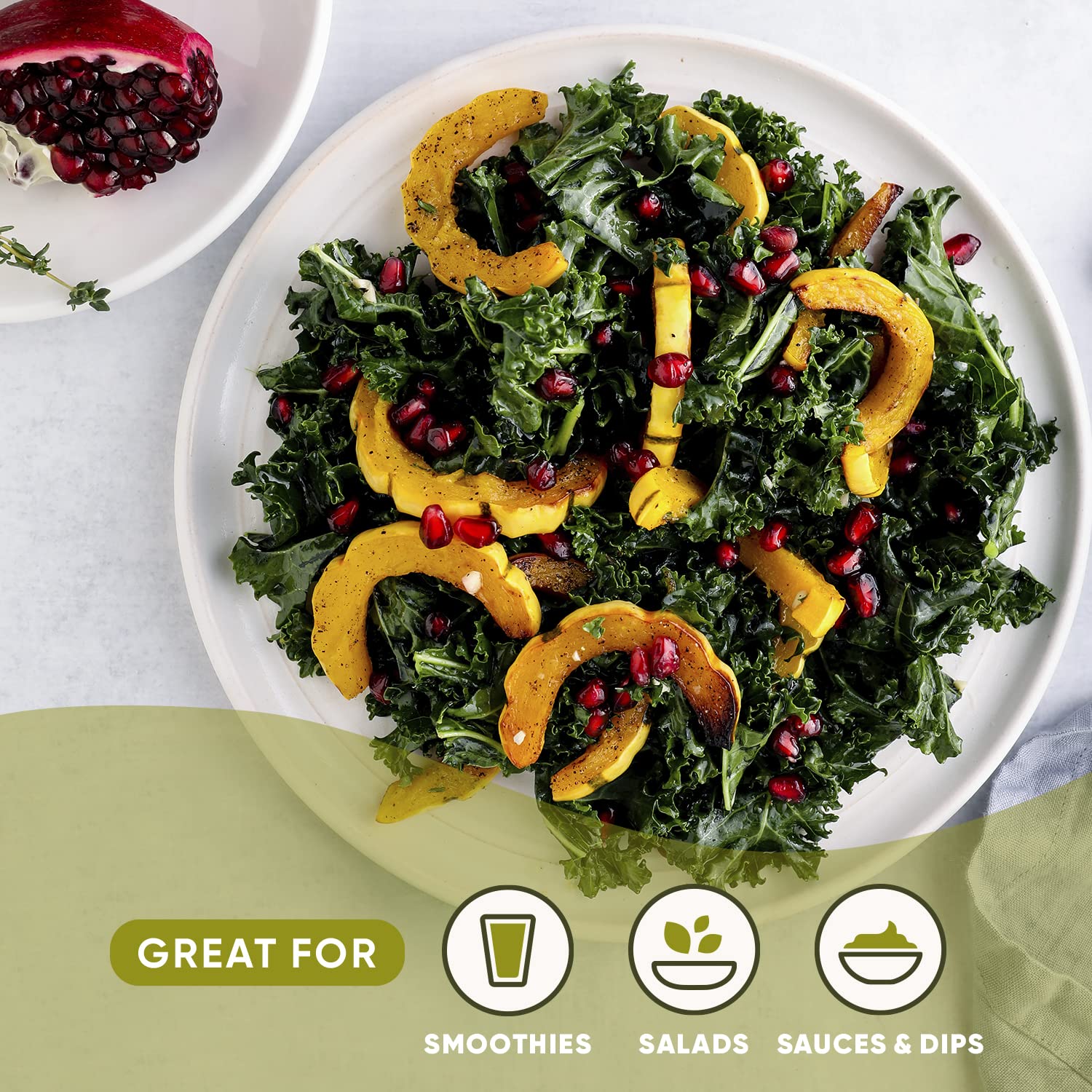
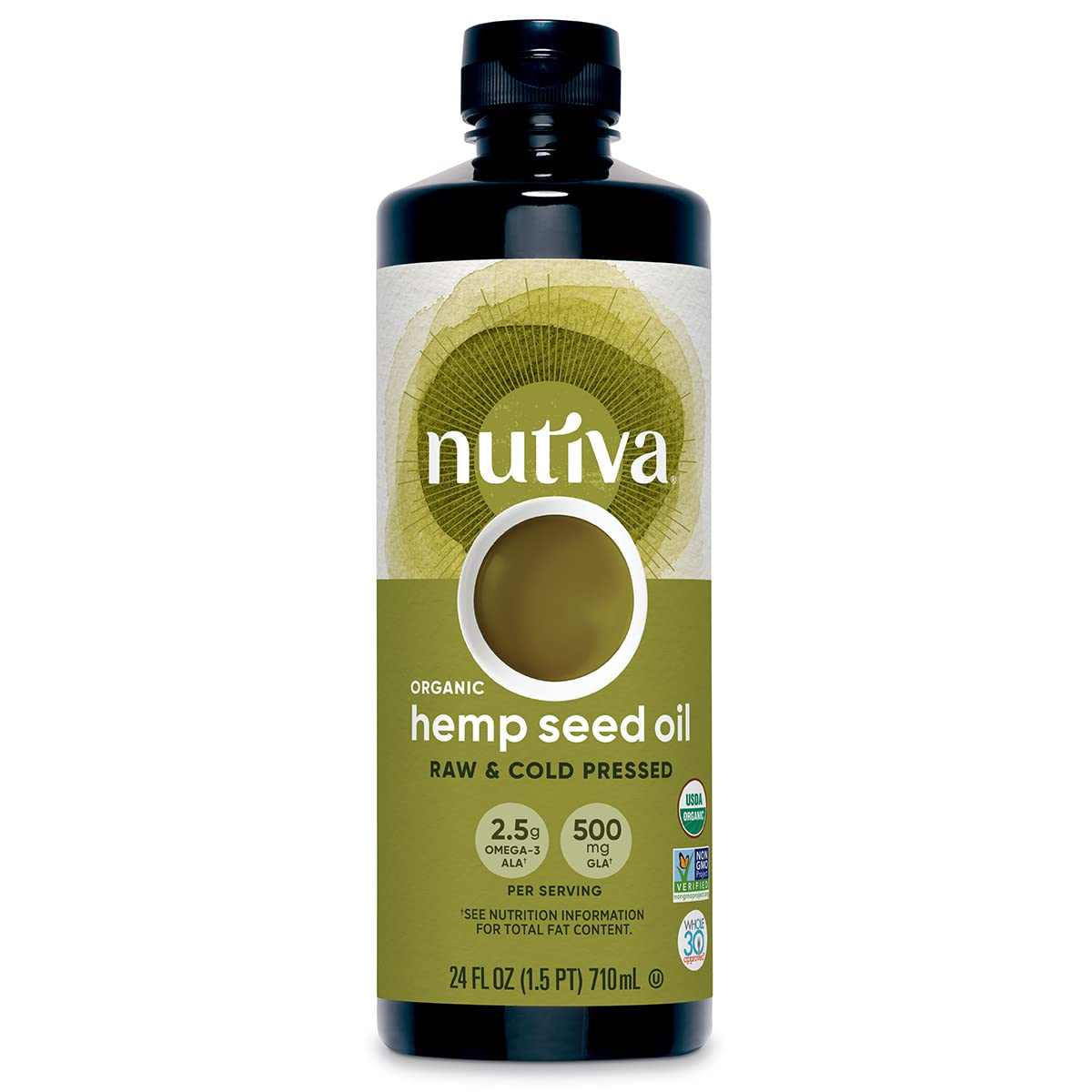
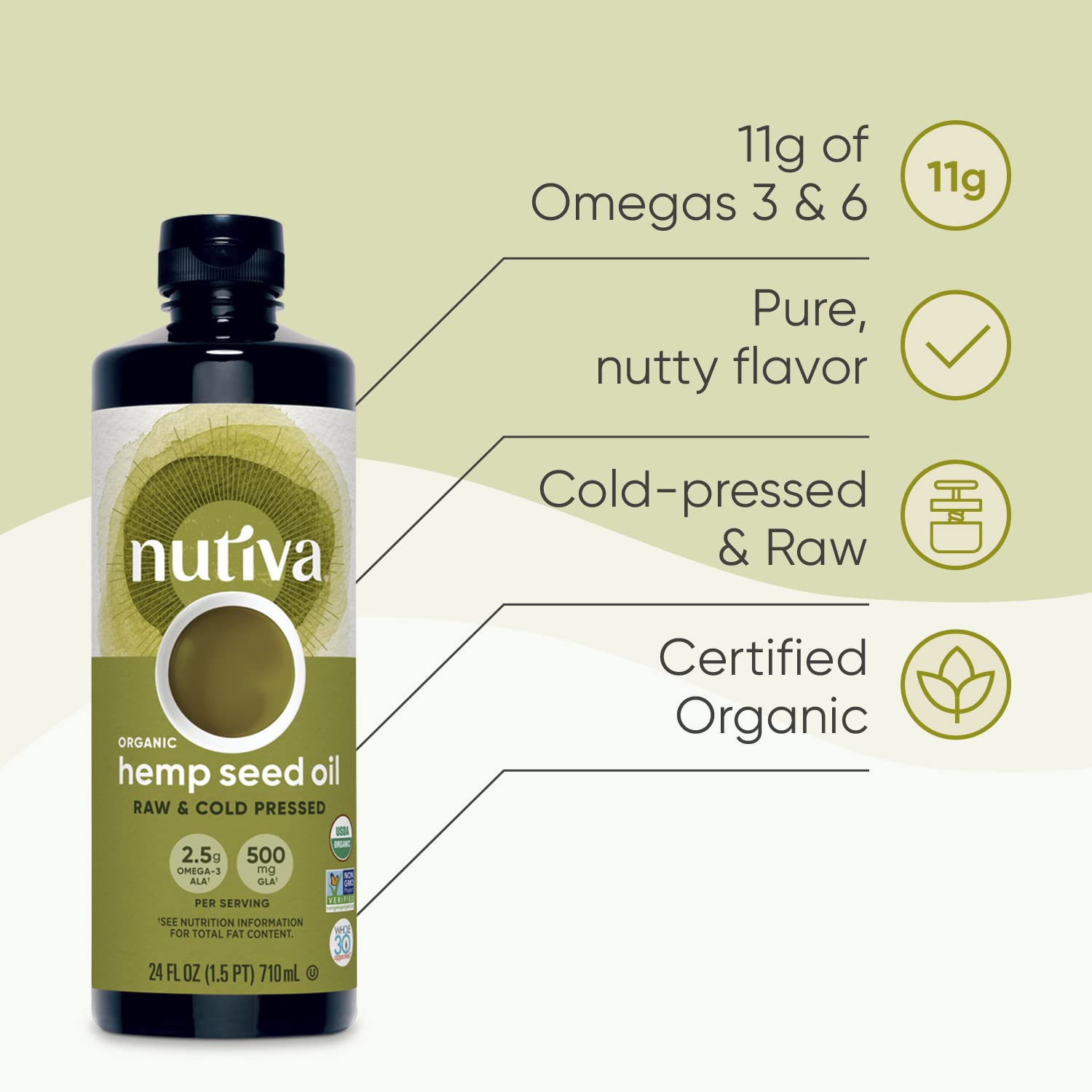
- Nutiva Organic, Cold-Pressed, Unrefined Hemp Seed Oil contains the ideal 3:1 ratio of Omega 3 and Omega 6 fatty acids and is rich in antioxidants and great for skin care
- All-natural cold press extraction process yields a 100% pure, nutty-tasting, nutrient-rich oil that's high in fatty acids and antioxidants without the use of dangerous and harmful chemicals, hexane, or heat
- Ideal source of essential fatty acids and antioxidants for vegetarian, vegan, raw, whole food, paleo, ketogenic, and gluten-free diets and is a great substitute for other oils in recipes or adding to dressings, sauces, and dips
- Nutiva partners with Canadian farmers to source the world’s finest organic, non-GMO, sustainably grown hemp seeds and stringently adheres to USDA-certified organic and non-GMO guidelines to deliver superfood that is good for you and good for the planet
How to Use Hemp Seeds in Smoothies Salads and Baking>>>
How to Add Hemp Seeds to Your Diet?
Now that we know all of the wonderful benefits that come from eating hemp seeds, let's look at some ways to add them to your diet. One easy way is to sprinkle them on top of salads or oatmeal. You can also add them to smoothies or make your hemp milk at home.
If you're looking for a high-protein snack option, try making these easy roasted hemp heart keys. Simply toss hemp hearts with olive oil and your favorite seasonings, then bake at 200 degrees Fahrenheit for about 20 minutes. Enjoy them as is or use them as a topping on soups or salads.
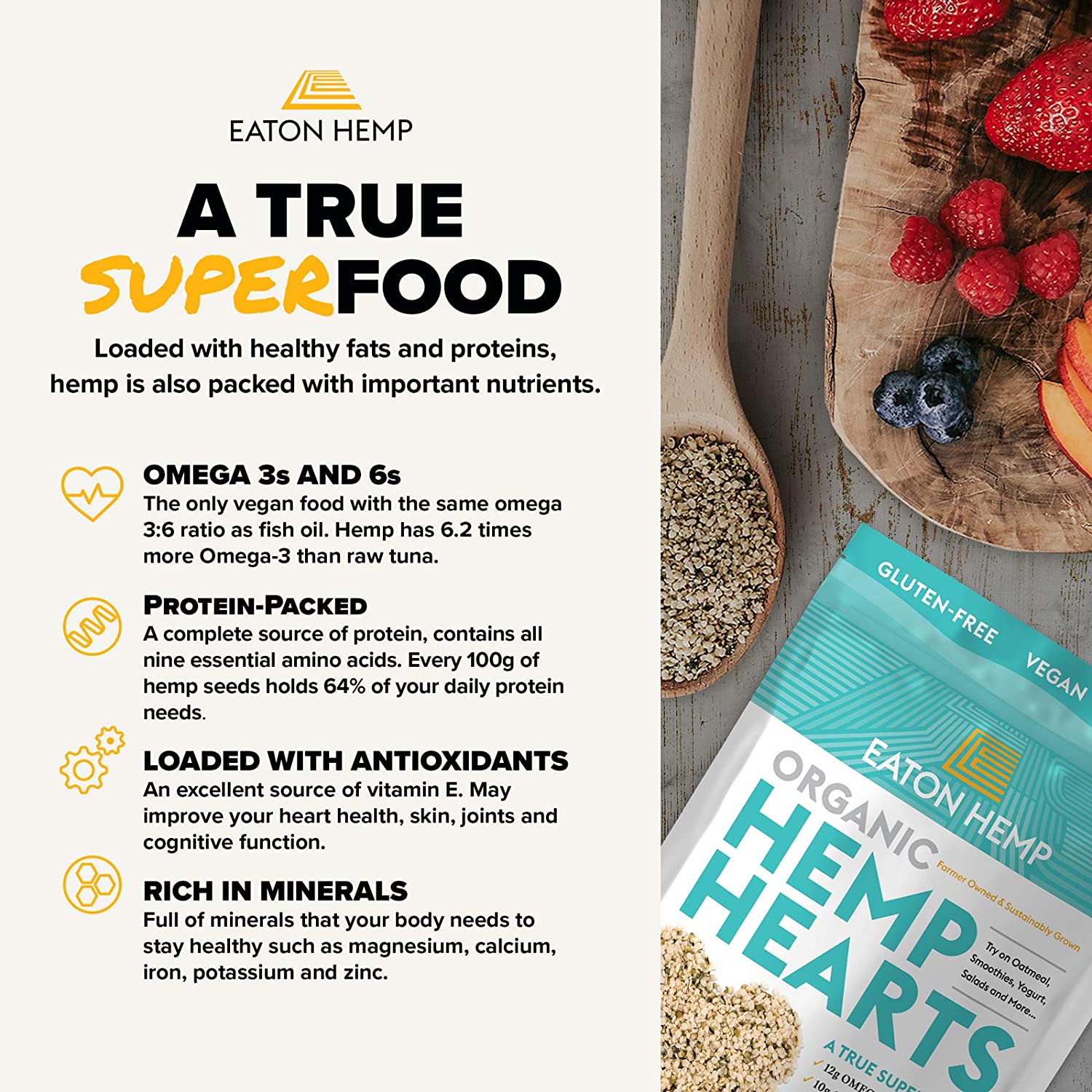
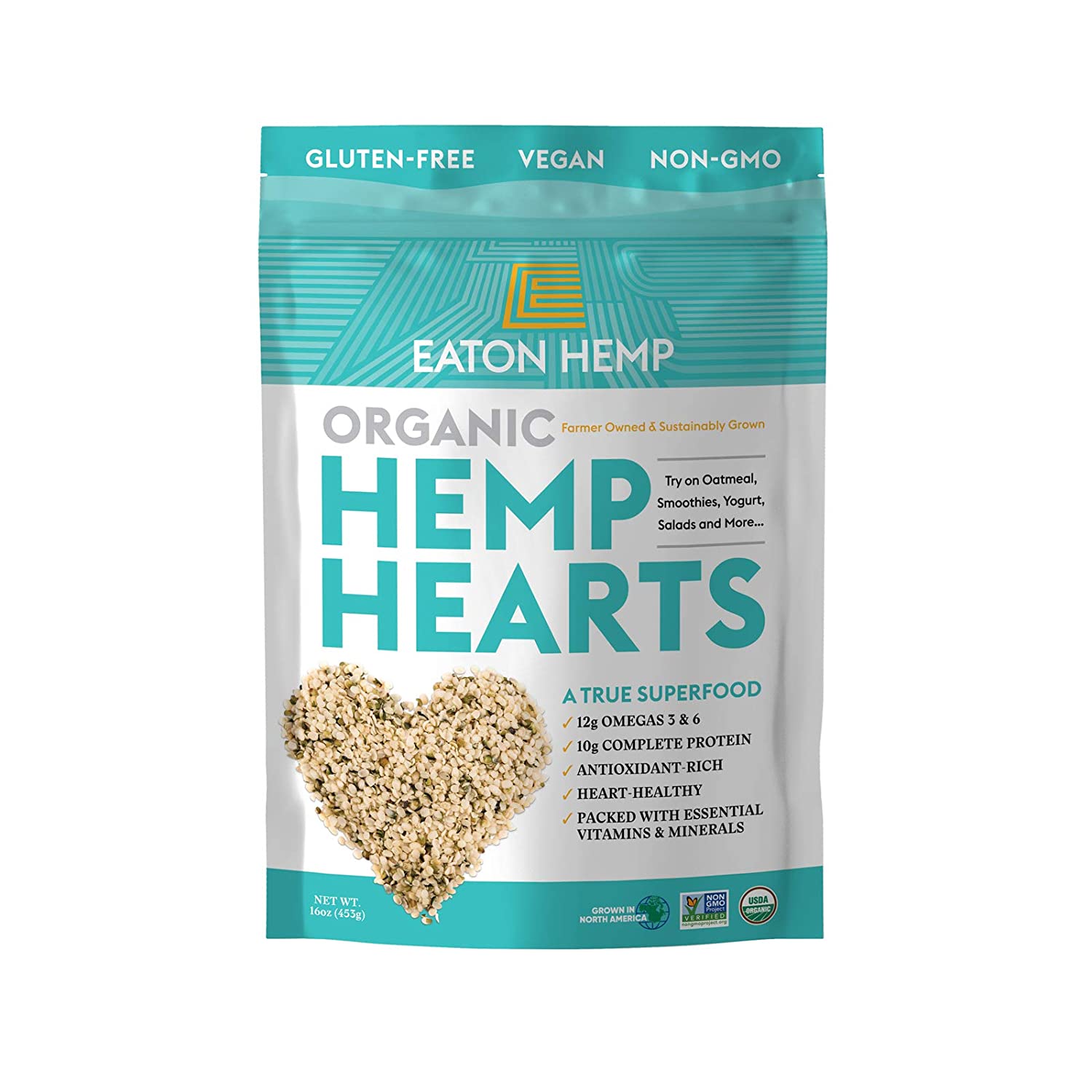
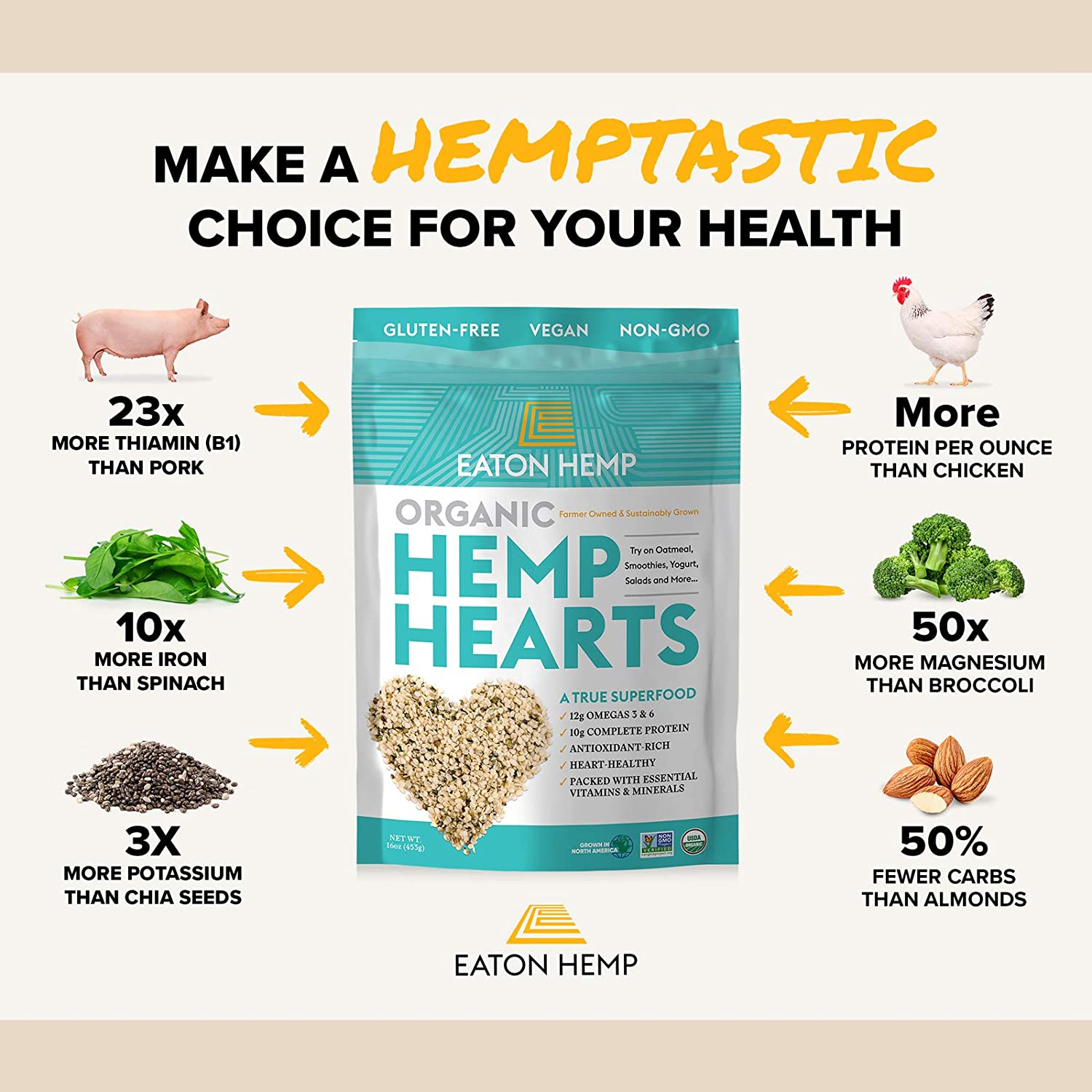
Hemp Hearts for Nutritional Powerhouses
Hemp hearts are the shelled version of hemp seeds — meaning they've had the hard outer shell removed. This also takes away some of the crunches you get from eating whole hemp seeds.
But don't worry, they're just as packed with nutrition. Hemp hearts contain all 20 amino acids, including the nine essential amino acids your body can't produce on its own. That makes them a complete source of protein — similar to meat, eggs, and dairy. Just 3 tablespoons (30 grams) of hemp hearts offer:
- 10 grams of protein
- 3 grams of fat
- 2 grams of carbohydrate
- 1 gram of fiber
Eating hemp seeds has been shown to improve heart health by reducing cholesterol and blood pressure levels. Additionally, they can help regulate blood sugar levels and boost immunity. Hemp seeds may also help treat symptoms of PMS and menopause.
They're also an excellent source of vitamin E and minerals such as phosphorus, potassium, sodium, magnesium, sulfur, calcium, iron, and zinc.
Conclusion
A well-planned vegetarian diet that includes an adequate intake of healthy fats, including omega-3 and omega-6 fatty acids, can support overall health and well-being. By incorporating a variety of plant-based sources and considering fortified options or supplements when needed, individuals can ensure they are meeting their fatty acid requirements while enjoying a nutritious and delicious vegetarian diet.
Relevant Reads:


